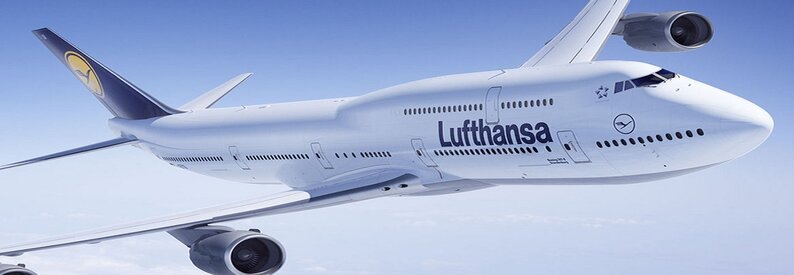Lufthansa, SWISS Fined for Banned Airspace Flights

The United States Department of Transportation (DOT) has imposed significant financial penalties on Lufthansa and Swiss International Air Lines (SWISS), charging that both carriers violated U.S. federal regulations by operating flights under United Airlines’ code in restricted airspace. According to the DOT, Lufthansa was fined $220,000, while SWISS received a $200,000 penalty. These sanctions emphasize the legal requirement that foreign carriers must abide by U.S. Federal Aviation Administration (FAA) rules whenever they operate flights under a U.S. airline’s code.
The DOT’s Office of Aviation Consumer Protection (OACP) conducted two separate investigations covering a period from early 2022 through mid-2024. In Lufthansa’s case, officials determined that the airline operated multiple flights under the United code in airspace that FAA rules prohibit U.S. operators from entering. Likewise, SWISS was found to have flown multiple segments carrying the UA designator in similarly restricted zones. Although neither the DOT nor the FAA has revealed the specific regions involved, earlier instances involving Emirates and Air Canada suggest that Iraqi airspace violations have been a key focus area for U.S. authorities.
In announcing the fines, the DOT stated that Lufthansa and SWISS must “cease and desist from future similar violations.” This language underscores the gravity of the infraction; by operating flights in prohibited airspace, Lufthansa and SWISS effectively conducted unauthorized commercial service on behalf of a U.S. carrier. The fact that the flights originated or ended outside the United States does not exempt code-share partners from complying with American restrictions. When a non-U.S. carrier displays a U.S. airline’s code, it is bound by the same operational limitations as that U.S. airline.
The underlying policy stems from heightened security measures, where the FAA designates certain regions of airspace as off-limits for U.S. operators due to ongoing conflicts, terrorism concerns, or instability on the ground. By restricting flights from passing over these areas, the FAA aims to protect the crew and passengers from potential hazards, such as armed conflict or anti-aircraft threats. If a code-share agreement places a U.S. carrier’s flight number on a particular route, the operating airline must respect all U.S. flying prohibitions—even if it is based in Europe, Asia, or anywhere else.
Both Lufthansa and SWISS acknowledge the DOT’s decisions, though neither airline has offered detailed public comments about how these violations occurred. Industry insiders suggest that route planning oversight, changing flight paths due to weather, or evolving regulatory notifications might have contributed to the lapses. Going forward, carriers are expected to implement more robust internal controls to ensure that flight planners, dispatchers, and operational teams remain fully informed of all applicable airspace restrictions when coordinating flights under U.S. codes.
These fines arrive at a time when global travel networks are steadily recovering from pandemic disruptions, and airlines are resuming partnerships across continents. As code-sharing expands—enabling carriers to offer seamless connections to more destinations—the complexities of adhering to multiple national regulations also grow. The DOT’s actions serve as a stark reminder that international agreements come with legal responsibilities. While code-shares can boost revenue and network reach, airlines must maintain vigilant compliance with each partner’s regulatory requirements, lest they face similar fines or operational sanctions in the future.
Related News : https://suspicious-zhukovsky.67-21-117-18.plesk.page/?s=Lufthansa
